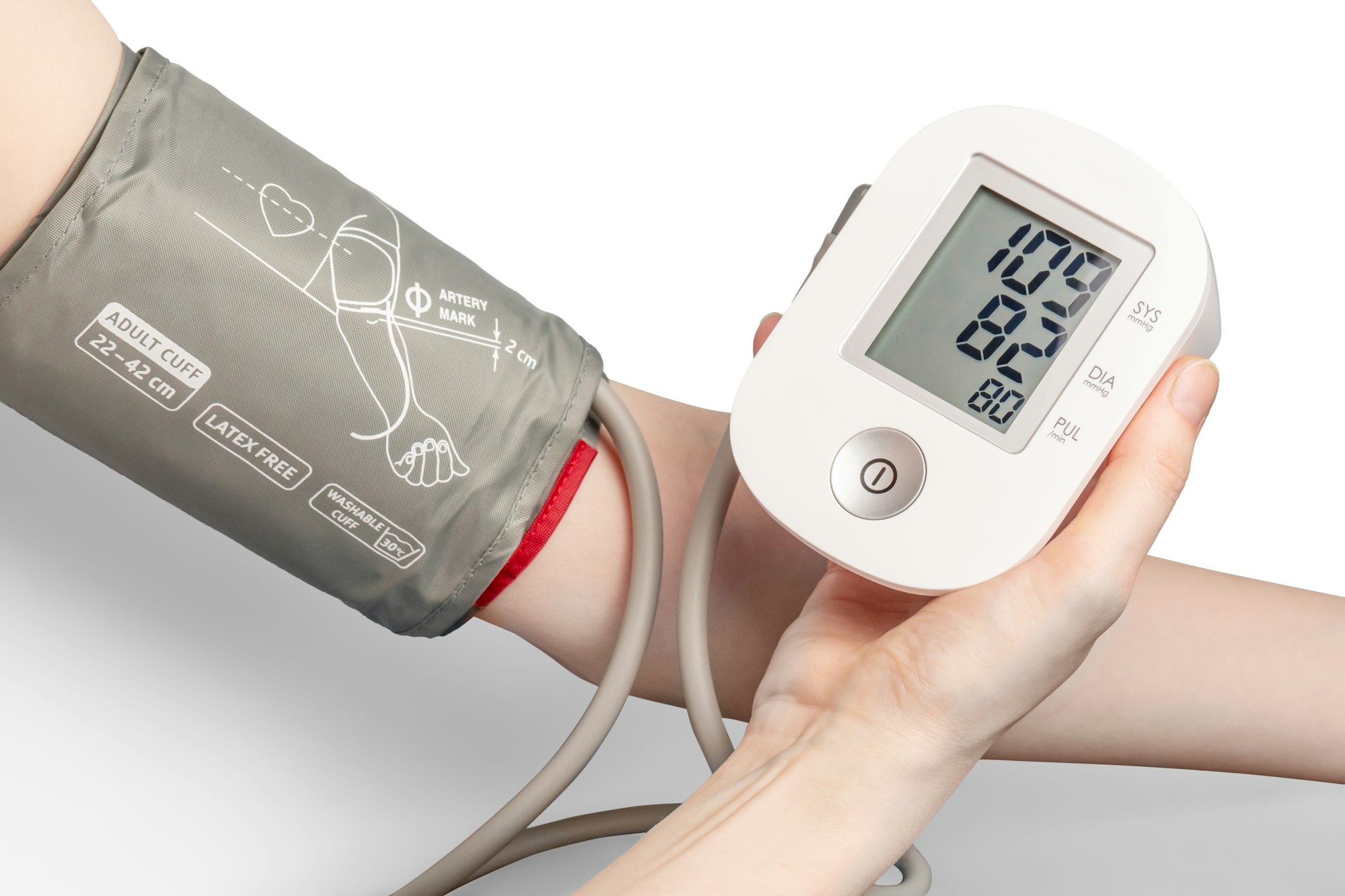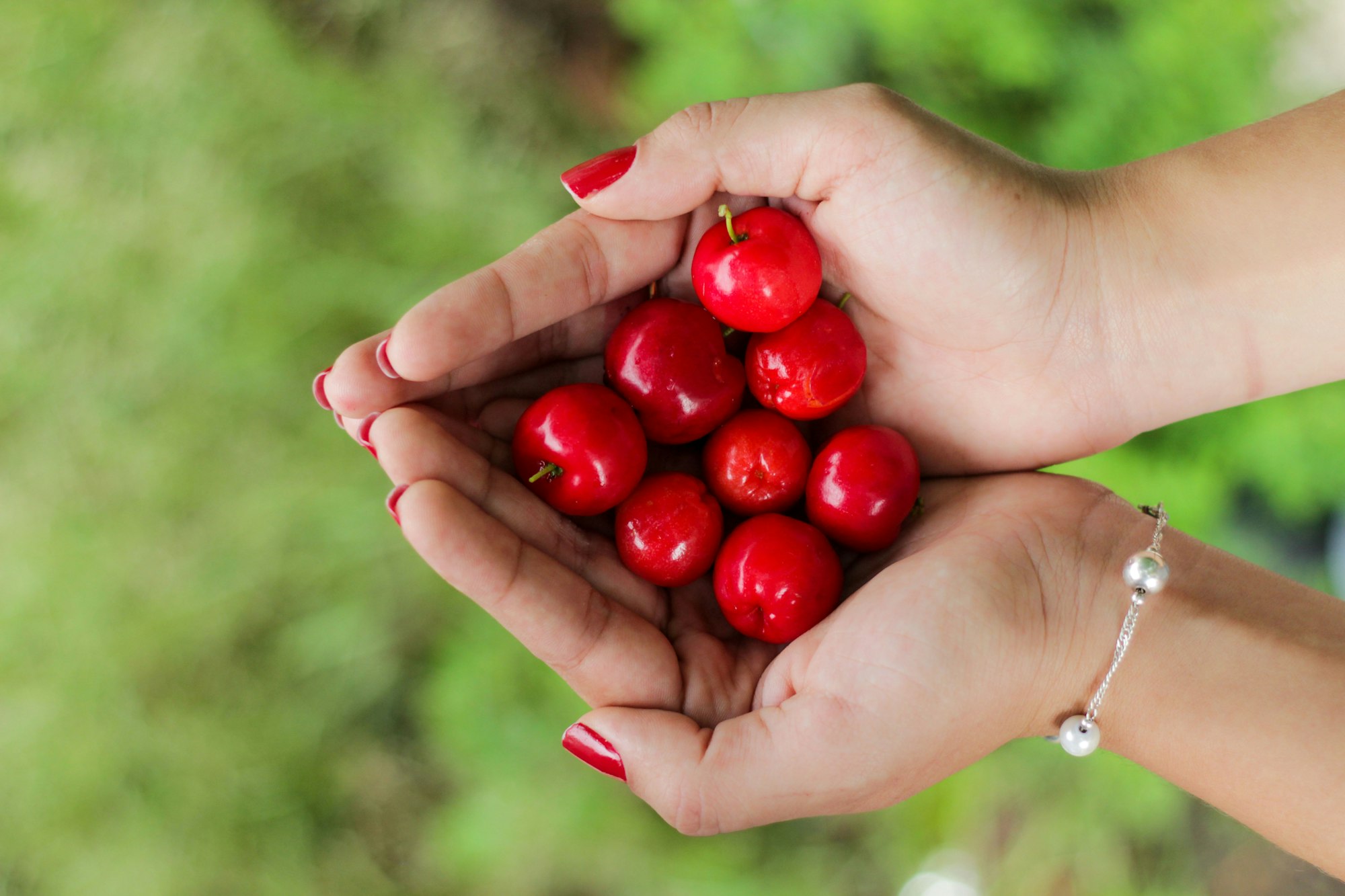5 Best Vitamins and Supplements to Help Lower High Blood Pressure Naturally

Five best vitamins and supplements to help lower blood pressure | In Conclusion | Frequently Asked Questions
High blood pressure affects over 30 percent of the world's population, and it is recognized as the most modifiable risk factor for heart disease and early death.
There are still many ways that you can lower your blood pressure, such as eating a healthy diet, quitting smoking, cutting back on alcohol, exercising, and losing weight.
If you're looking for natural ways to lower your blood pressure, you may want to consider taking some vitamins and supplements.
Five best vitamins and supplements to help lower blood pressure
1. Vitamin C
Vitamin C is a water-soluble nutrient. It is important for many processes in your body. Some recent studies show that vitamin C supplements may help lower blood pressure.
In a review of eight studies involving people with high blood pressure, vitamin C intake of 300–1,000 mg per day resulted in significant drops in their blood pressure.
Research also suggests that people with low blood levels of vitamin C are more likely to have high blood pressure than people who have normal levels of this vitamin.
2. Vitamin D
According to research, individuals with high blood pressure have lower vitamin D levels than those who do not have this illness.
Vitamin D's impact on high blood pressure has been investigated in several research studies. Higher vitamin D levels were shown to protect against elevated blood pressure.
Vitamin D levels were studied in over 300,000 individuals and were linked to a 30% decreased risk of high blood pressure in people with the best levels.
As a result, those who have high blood pressure should have their vitamin D levels checked and supplemented as needed.
3. Magnesium
Magnesium is a mineral that is essential for many bodily functions, including blood pressure control.
Magnesium supplements have been found in studies to help lower blood pressure by enhancing nitric oxide production, a signaling molecule that helps relax blood vessels.
A meta-analysis of 11 double-blind, placebo-controlled trials found that magnesium supplementation at 365–450 mg per day for 3.6 months reduced blood pressure in individuals with chronic medical problems.
In a review of 10 research involving over 200,000 participants, magnesium consumption was linked to a decreased risk of high blood pressure in people who already had it.
Every 100 mg per day higher magnesium intake was associated with a 5% lowered incidence of hypertension.
4. Potassium
The most well-known nutritional supplement for blood pressure management is potassium. Several studies show that consuming more of it through food or supplements helps to lower high blood pressure levels.
Potassium helps to relax blood vessels and promote sodium excretion through the urine by stimulating the nervous system.
A study of 23 different studies found that taking potassium supplements led to a modest but significant decrease in blood pressure, compared to not taking the supplements.
The other reviews say that these supplements are safe and effective for people with high blood pressure who follow a diet with a lot of salt.
5. Probiotics
Probiotics are good bacteria that are found in your gut. When you take probiotics, it will help your overall health. Also, Probiotics have been linked to lower blood pressure when taken as a supplement.
Probiotic supplements significantly reduced blood pressure levels in nine clinical trials, according to a study.
Treatment, on the other hand, was more effective when multiple strains of probiotics were consumed, the treatments were given for 8 weeks or longer, and the daily dose was greater than 10 billion colony-forming units (CFUs).
In Conclusion
If you need help lowering your blood pressure, it's best to get advice from a doctor.
As it's vital to understand that many supplements might interact with commonly taken medications, such as blood pressure medication.
However, taking vitamin C, vitamin D, magnesium, potassium, and probiotics may be able to lower high blood pressure naturally!
These are just some of the best vitamins and supplements that can improve your health when taken in moderation.
Frequently Asked Questions
What causes high blood pressure?
Sodium, stress, obesity, alcohol consumption, and sugar all play a role in high blood pressure.
How to reduce high blood pressure?
- More activity and exercise are recommended.
- Sugar and refined carbohydrates should be reduced.
- Increase your potassium intake.
- Reduce the sodium in your diet.
- Reduce your intake of processed foods.
- Quit smoking immediately.
- Make sure you get plenty of sleep, whether it's for a long period or just for a few hours.
- Take garlic supplements or eat garlic to improve your blood flow.
- Take blood pressure lowering vitamins & supplements.
What is high blood pressure?
Hypertension, or high blood pressure, is a common illness in which the long-term pressure of the blood on your artery walls is sufficient to induce disease, such as heart disease.
Does prednisolone cause high blood pressure?
Prednisone can raise blood pressure in many people who take it. This is because prednisone makes the body hold on to more fluid than it normally would. Extra fluid in the bloodstream can cause an increase in blood pressure.
When is high blood pressure an emergency?
If your blood pressure is above 180/120 mmHg, it is considered to be dangerously high and you will need to get medical attention right away.
Can infection cause high blood pressure?
Infections do have a link between inflammation and heart disease. Infections can cause the levels of a protein called CRP to go up. This can lead to atherosclerosis, which is hardening of the arteries, and high blood pressure.
Does high blood pressure make you dizzy?
Many people with high blood pressure do not have any symptoms. In some cases, people with high blood pressure may feel a pounding feeling in their head or chest, feel lightheaded or dizzy, or have other signs.
Read More Articles




